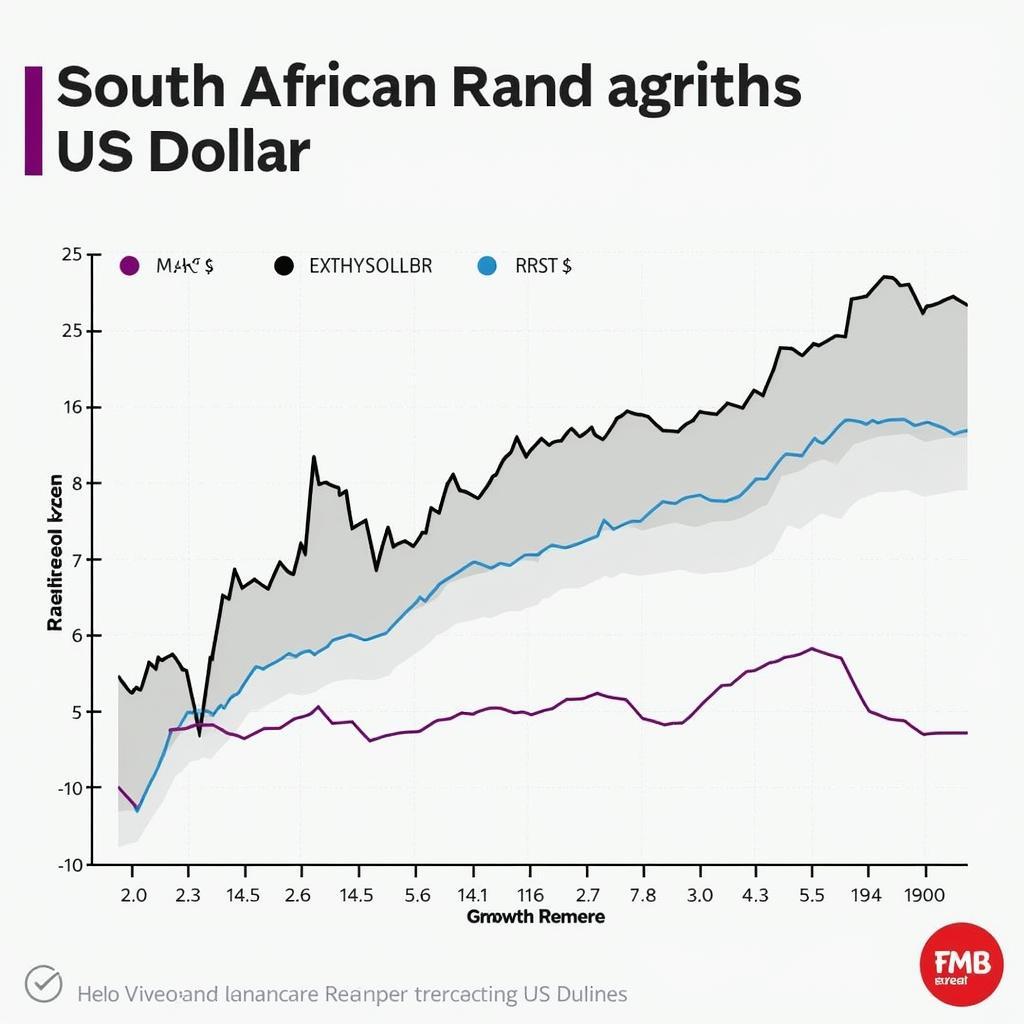Reaching for the Stars: An Overview of African Country Space Programs
The burgeoning field of space exploration is no longer limited to established global powers. African Country Space Programs, while still relatively nascent, are demonstrating a growing commitment to harnessing space technology for development and scientific advancement. This article explores the current state and future potential of these exciting initiatives.
A New Frontier: Why African Nations are Investing in Space
Many African countries recognize the immense potential of space technology to address critical challenges across various sectors. From agriculture and disaster management to telecommunications and mineral exploration, space-based solutions offer unique advantages. For example, satellite imagery can be used to monitor crop health, predict droughts, and map mineral resources, contributing significantly to economic growth and sustainable development. Furthermore, these programs foster scientific research, technological innovation, and inspire the next generation of African scientists and engineers. Investing in space is an investment in the future. The African American Museum Washington showcases the rich history and contributions of African Americans, and the space programs are a testament to their continued strive for excellence.
Overcoming Challenges and Building Capacity
Developing a robust space program requires substantial investment and expertise. Many African countries are facing financial constraints and a shortage of skilled professionals. However, international collaborations and partnerships with established space agencies are playing a crucial role in bridging these gaps. Sharing knowledge, technology transfer, and training opportunities are empowering African nations to build their own capacity and expertise. This collaborative approach is essential for the sustainable growth of African country space programs.
Key Players: Exploring Established and Emerging African Space Programs
Several African countries have made significant strides in developing their space capabilities. Nigeria, South Africa, Egypt, and Algeria are among the leading nations with established space agencies and ambitious projects. Nigeria’s National Space Research and Development Agency (NASRDA) has successfully launched several satellites for Earth observation and communication. South Africa’s space program focuses on developing advanced satellite technologies and contributing to international space research. These programs serve as inspiring examples for other African nations looking to embark on their own space journeys.
The Role of Private Sector and International Collaboration
The private sector is also playing an increasingly important role in the development of African country space programs. Private companies are investing in satellite technology, ground stations, and data analysis services, fostering innovation and creating new opportunities. International collaboration is crucial, not only with established space agencies but also through South-South cooperation, enabling African nations to share experiences, resources, and best practices. The African Business Center Michel 0592 might be a valuable resource for fostering such collaborations.
What is the Future of African Space Programs?
The future of African country space programs holds immense promise. As technology advances and costs decrease, more African nations are likely to invest in space-based solutions. These programs will contribute significantly to economic development, scientific discovery, and regional integration. Imagine a future where African satellites monitor climate change, provide internet access to remote communities, and enable precision agriculture. The possibilities are endless. Initiatives like the African American Art Museum Detroit inspire innovation and creativity, qualities crucial for the success of space programs. Unfortunately, issues like those highlighted by the African girls rape men article demonstrate the societal challenges that need addressing alongside technological advancements.
Conclusion: A Continent Reaching for the Stars
African country space programs represent a bold vision for the future. By embracing space technology, African nations are not only addressing immediate challenges but also investing in long-term sustainable development and scientific progress. These programs are inspiring a new generation of African scientists, engineers, and entrepreneurs, demonstrating the continent’s growing ambition and determination to reach for the stars.
FAQ
- What are the main benefits of African countries investing in space programs?
- How are African nations overcoming challenges in developing space capabilities?
- Which African countries have established space programs?
- What is the role of the private sector in African space programs?
- How can international collaboration support the growth of African space initiatives?
- What are some potential future applications of space technology in Africa?
- How do African space programs contribute to sustainable development goals?
When you need support please contact Phone Number: +255768904061, Email: [email protected] Or visit: Mbarali DC Mawindi, Kangaga, Tanzania. We have a 24/7 customer service team.



